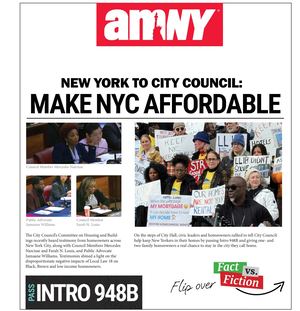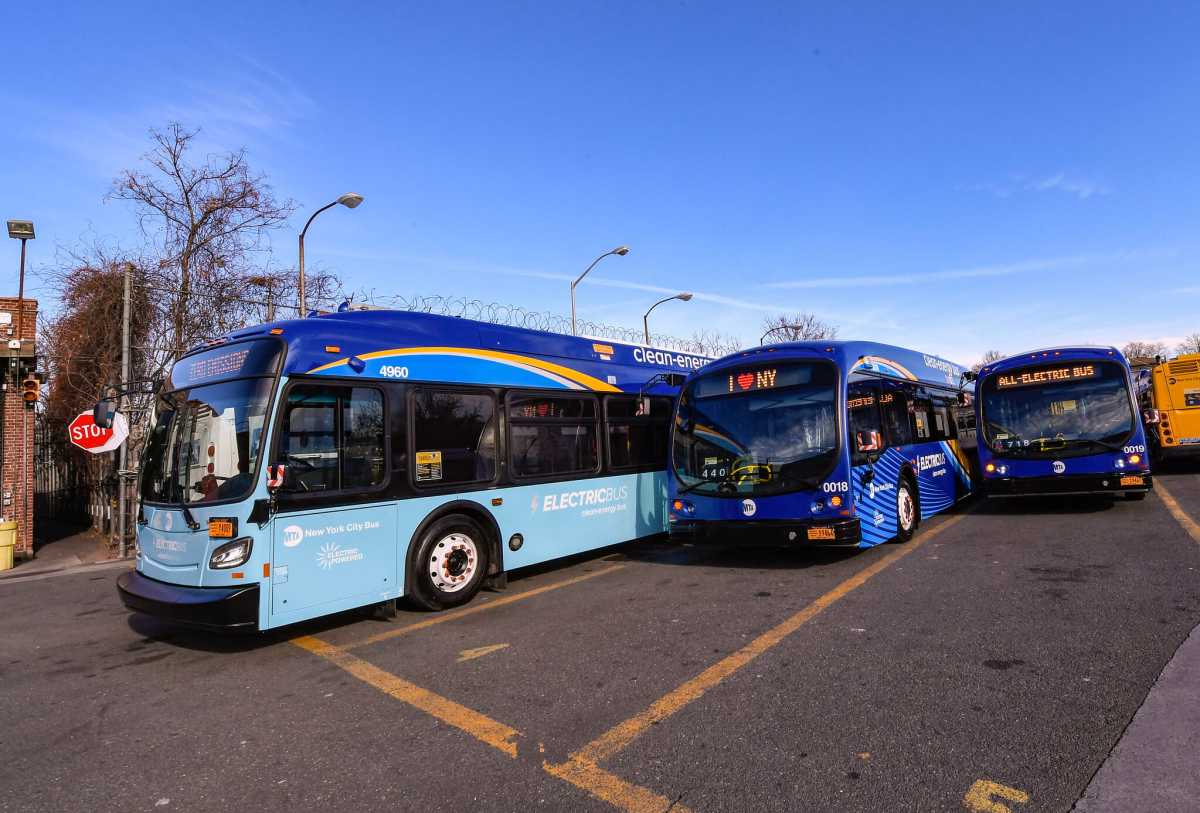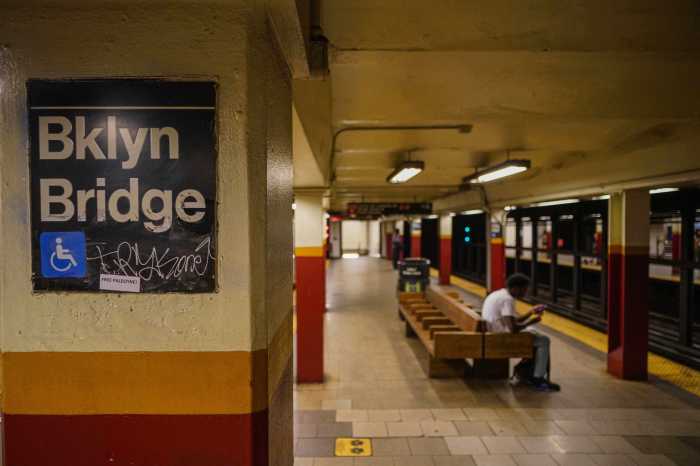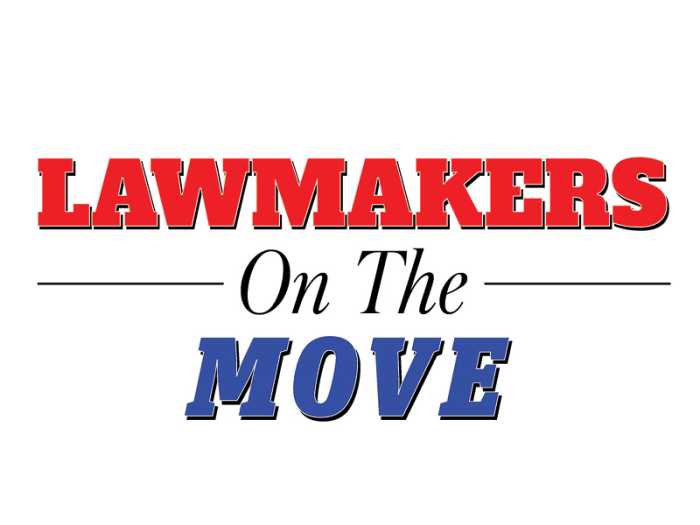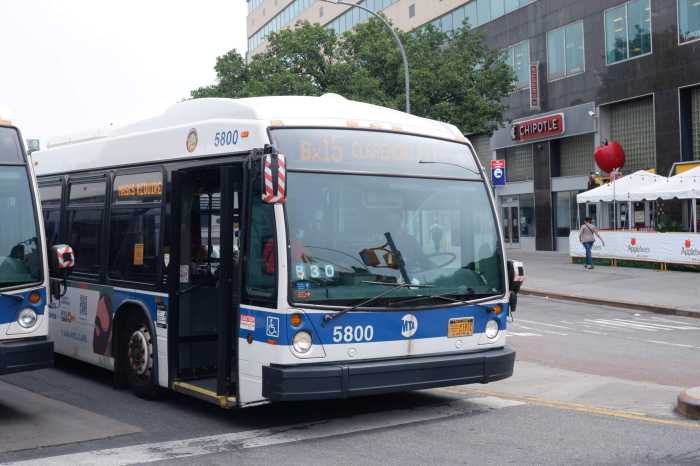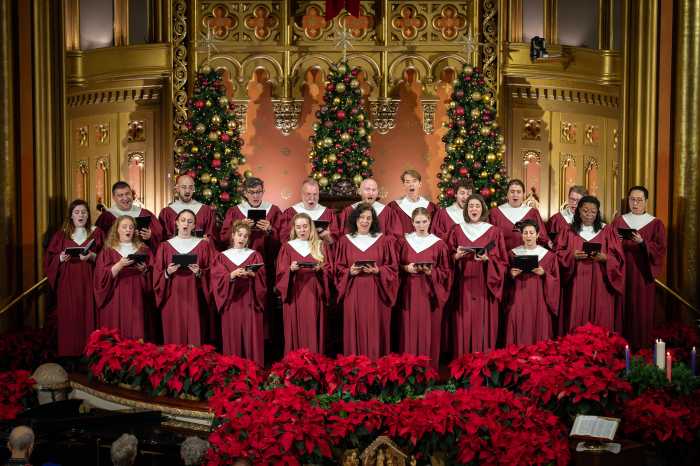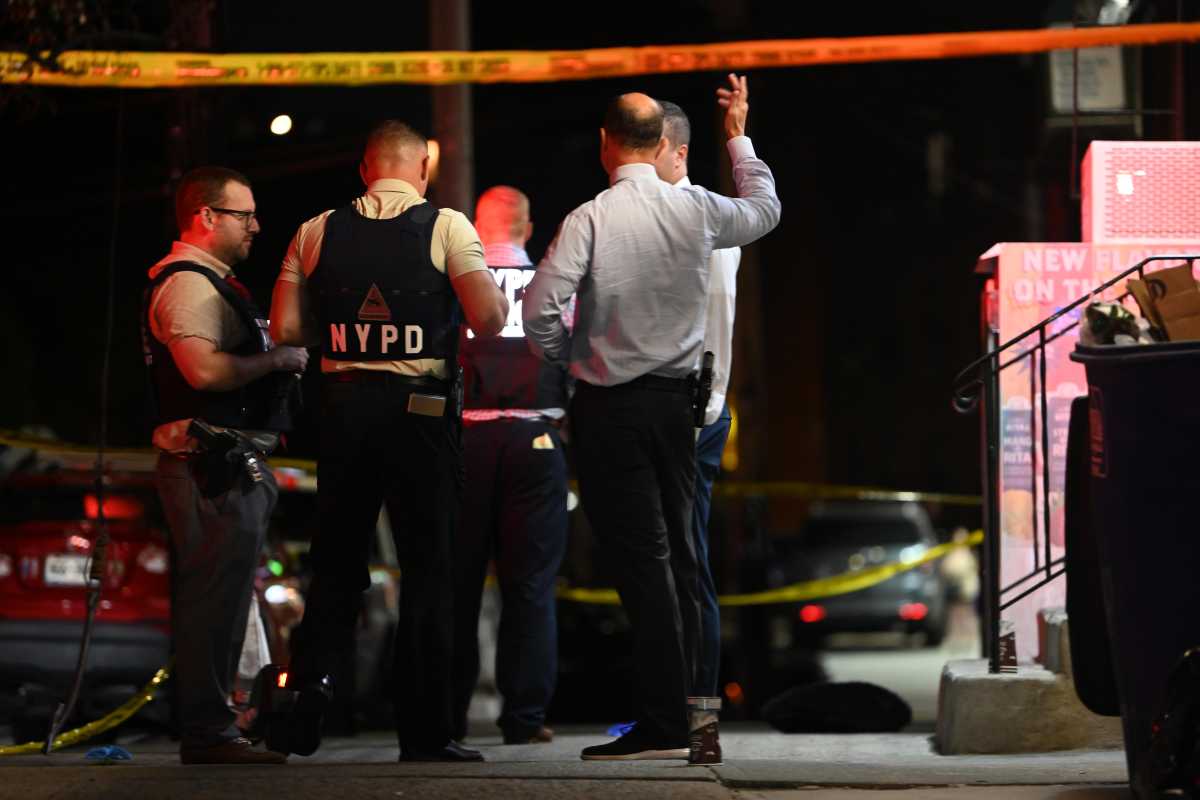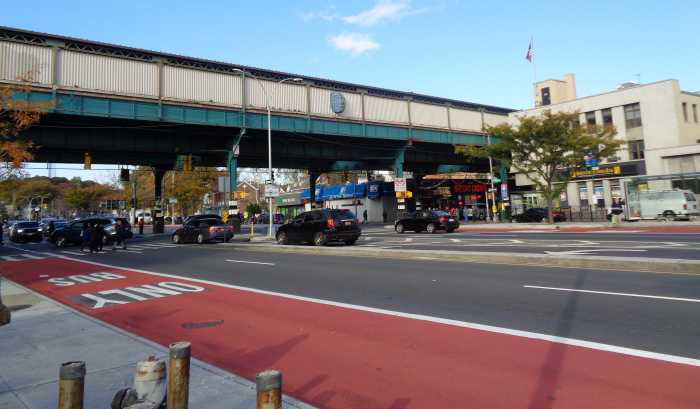The MTA will pilot hydrogen-powered buses in the Bronx after winning an $8 million state grant, hoping to determine if they’re a viable alternative to electric batteries for eliminating carbon emissions by its 6,000-strong fleet.
The grant from the New York State Energy Research and Development Authority (NYSERDA), awarded as part of its Electric Truck & Bus Challenge, will fund two hydrogen-powered buses intended to serve eight routes in the northeast and central Bronx, along with a hydrogen-fueling station capable of powering 40 buses at the MTA’s Gun Hill depot. The size of the fueling station would enable the MTA to scale up hydrogen operations should the pilot prove successful.
Routes served by buses out of the Gun Hill depot were selected due to the area’s status as an environmental justice community, the MTA says, noting longstanding concerns over environmental racism.
“Today’s award is a historic moment for New York City Transit, as we prepare to deploy the first-ever hydrogen fuel cell buses at the MTA and in all of New York State,” said New York City Transit President Richard Davey in a statement. “As the MTA boldly moves towards a zero-emission bus fleet by 2040, demonstrating that hydrogen is a feasible and effective complement to our existing and future battery-electric fleet is a crucial next step. This grant will help us successfully showcase the role hydrogen fuel-cell buses have in the MTA’s zero-emission future.”
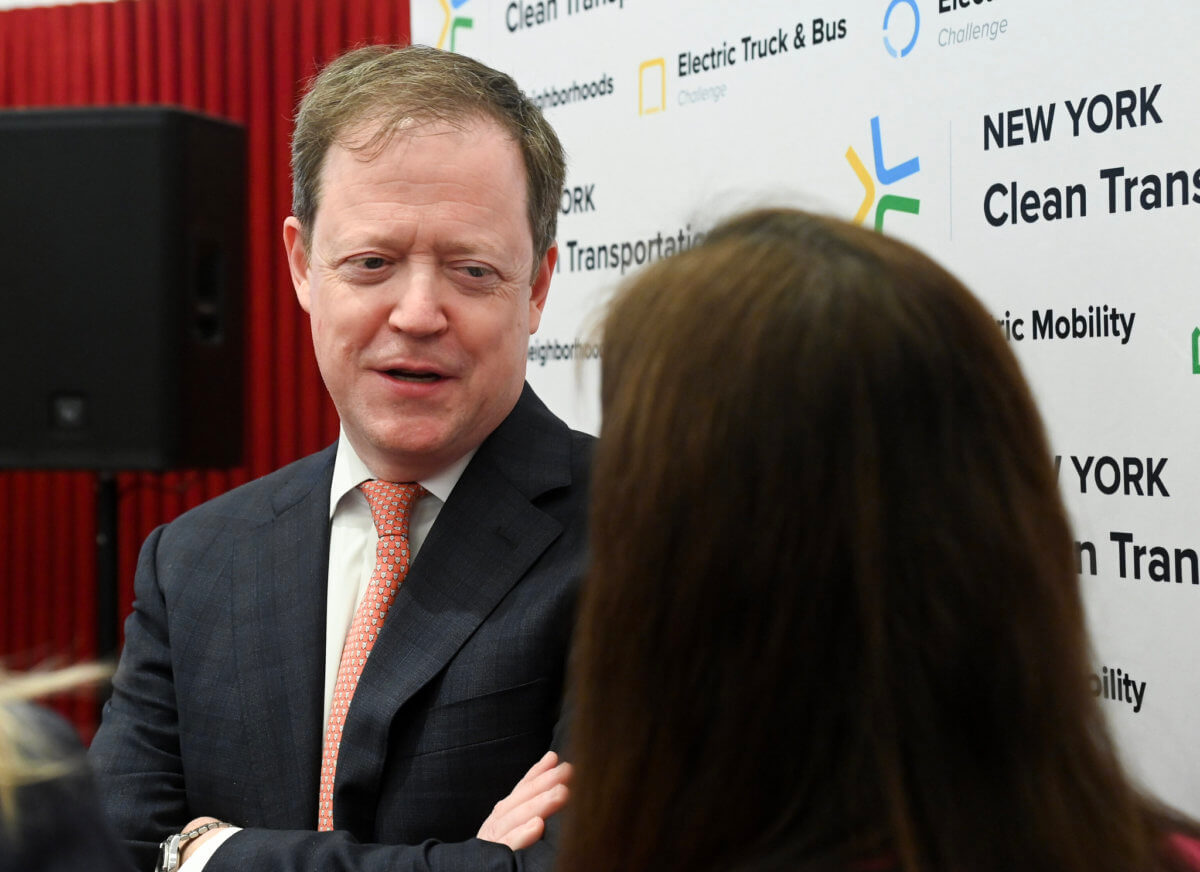
The authority will purchase two Xcelsior CHARGE H2 buses from Canadian manufacturer New Flyer, with a range of over 300 miles per charge from hydrogen mainly derived from clean hydropower. They’re first expected to be deployed by 2024.
The MTA has pledged to entirely eliminate carbon emissions from its bus fleet by 2040 as part of a commitment to reduce the authority’s contribution to climate change. The agency says it will have 75 all-electric buses by the end of this year, and last year announced a plan to build an all-electric bus depot in Jamaica, Queens; it currently operates about 1,300 hybrid-electric buses.
Fuel cells create propulsion via an internal chemical reaction between hydrogen fuel and oxygen from air. The only exhaust produced is clean water vapor, unlike the greenhouse gas cocktail emitted from diesel and compressed natural gas buses.
Hydrogen fuel cells have long been considered a potential alternative to zero-emission transport addressing the shortcomings of electric batteries. Hydrogen buses can travel substantially greater distances before refueling as compared to electric battery buses, and can be all fueled up in just minutes compared to the hours it takes to charge a battery.
“These advantages could provide significant operating benefits and cost savings,” the MTA wrote in its zero-emission bus transition plan this year.
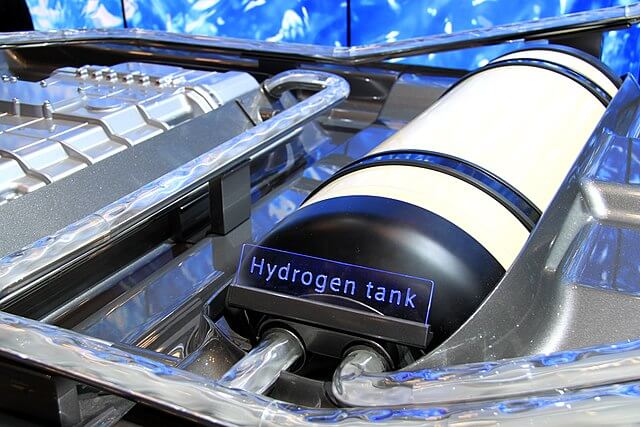
On the flip side, hydrogen is typically more expensive and the fuel is harder to procure, owing to the fact that the electric car industry, having grown tremendously in the past decade, has predominantly opted to invest in scaling battery power instead.
A standard-length battery electric bus costs $1,033,000, according to the bus transition plan, much more than a $635,000 diesel bus, $679,845 natural gas bus, and $830,572 hybrid. An MTA spokesperson could not provide an itemized cost estimate for each hydrogen bus.
Automakers have allocated just a small fraction of their clean car investments into fuel cells; Elon Musk — CEO of Tesla and the wealthiest person on earth — once deemed them “fool cells.” Hydrogen fueling stations are minuscule in number in the US compared to EV charging stations.
While fuel cells have been relegated to the margins by the auto industry, they remain a viable option for eliminating emissions by larger vehicles like buses and trucks. As vehicles increase in size, so too does the required size of a battery to propel it, but the higher “energy density” of fuel cells allows for greater power without as much scaling. Like trucks, buses are constantly on the move, and more stops for recharges means less revenue coming in.
The MTA will subject the hydrogen buses to “rigorous performance and reliability monitoring” once they enter passenger service, and if deemed successful may be a critical part of eliminating emissions from the fleet in the years to come.
Other NYSERDA grants include $10 million to electrify the city’s dollar vans, $7 million for an e-bike and scooter charging superhub in Red Hook fronted by Revel, and $8 million for school bus electrification in the Bronx.
